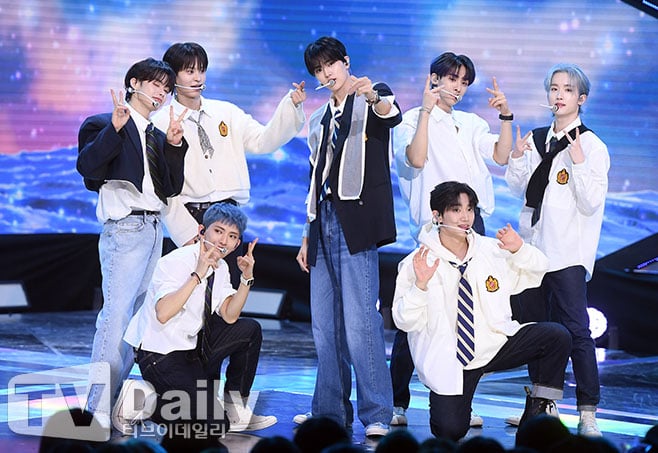Various incidents related to K-pop idols clubbing, smoking, and swearing have emerged recently, but is the matter that serious?
Fandoms of the first-generation idol groups were weaker compared to today. Of course, their power to buy albums of their beloved groups and elevate their status was formidable, but the “soft power” when it came to their favorite’s behavior was lacking.
Perhaps back then, fans considered witnessing their favorite idols clubbing, smoking, or cursing at fans waiting in front of their houses while being drunk their own secrets so they spread them within the groups of fans instead of disclosing them to the public. Rumors never broke out unless the information was leaked to reporters. Some fans felt a sense of satisfaction when they got to know the true faces of stars that others didn’t know. In addition, the idea of taking proof photos and sharing them publicly never crossed the fans’ minds when they witnessed idols, and above all, channels for information were not as popular as now.

However, today’s world is very different. First of all, there are countless platforms and channels for fans to obtain and share information about their favorite idols without going through entertainment newspapers and magazines. With the development of SNS and online communities, anybody can reveal their witnesses. It’s also normal to see reporters collect information from individual posts by the public to write articles.
Next, fandom’s power has become much stronger in many ways. When someone becomes a fan of an idol, they enjoy the value of that idol’s image and the fantasy he/she provides. This kind of fan’s affection is now understood as a driving force for the growth of stars. Therefore, fandoms in this era believe that they have the right to do anything to preserve their fantasy with the idol groups or stars for whom they have nurtured their affection.
K-pop fans no longer endure and accept the bad behaviors of idols. This is why idols need to pour more effort into managing their image and be careful not to cause controversies that cross the line and break fans’ fantasies if they don’t want to lose them.
Recently, there have been various controversies over idols visiting clubs, smoking, and cursing. Some issued apologies, while others strongly refuted rumors. At this point, some people raise a question wondering if mistakes like clubbing, smoking, and swearing serious enough to make public apologies, given that they haven’t committed any criminal acts.
Of course, this can be a good argument, but only under the condition that the relationship between idols and fans is not counted. Due to the image and fantasy idols create to attract fans, their misbehaviors can be considered crossing the moral line and mistakes they should never make. Living as someone’s idol is very burdensome and tough. Perhaps that’s the price they need to pay to enjoy a splendid idol life.
Source: Daum

Leave a Reply